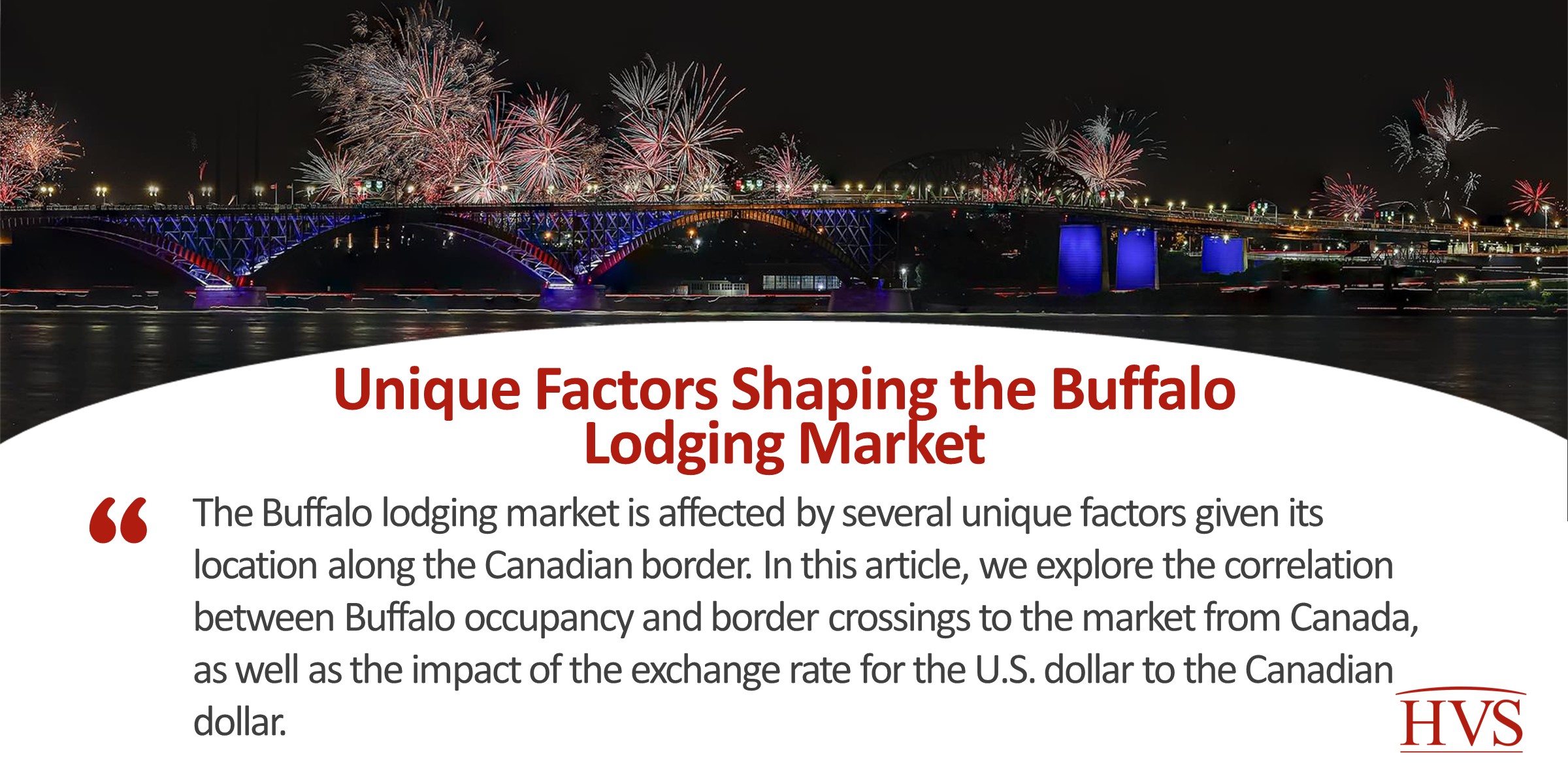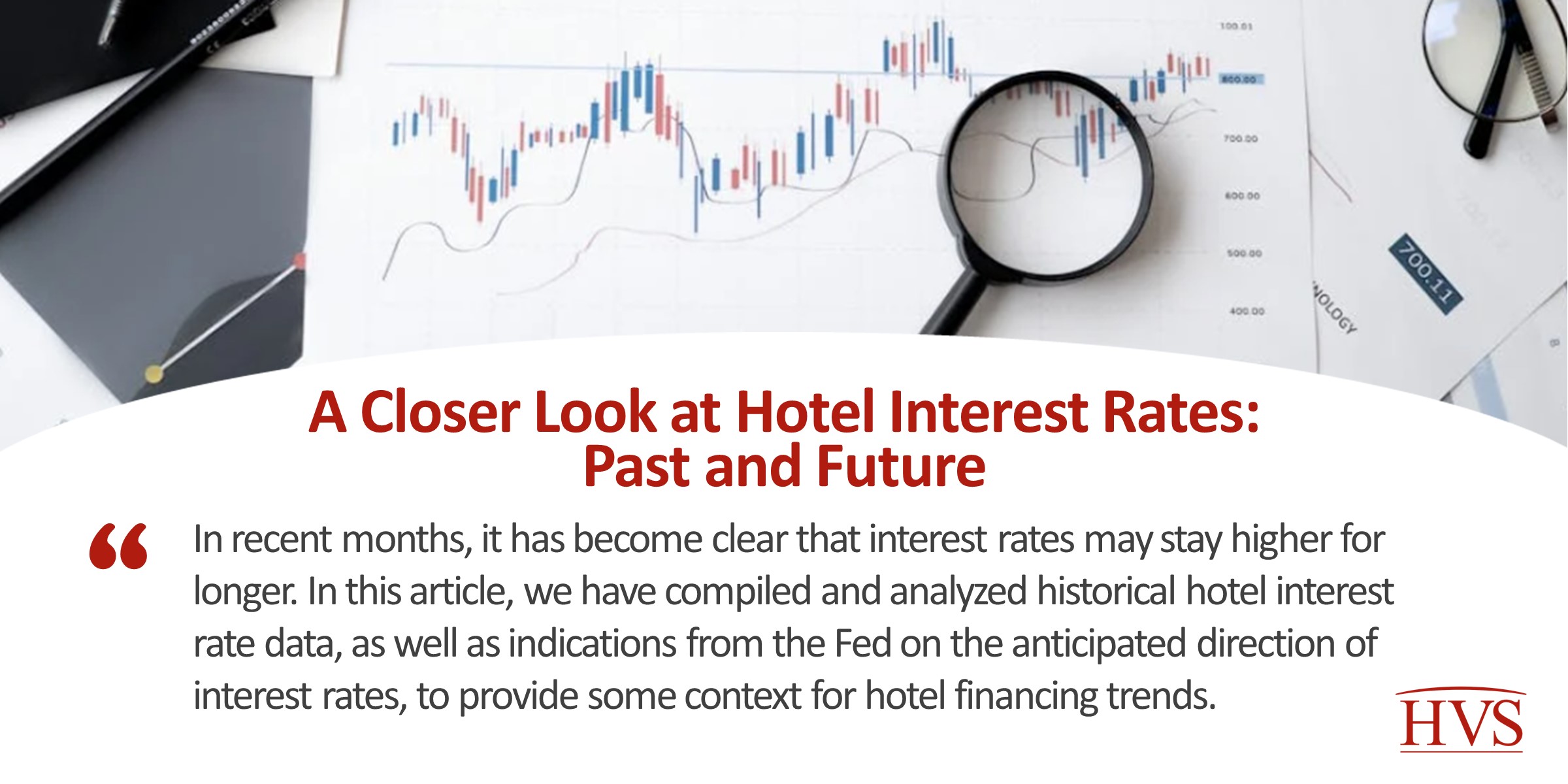Our Serviced Apartment Sentiment Survey invited lenders, investors and operators to share their views on the challenges and strategic focus points in 2024 and beyond.
Industry Insights
We have written thousands of articles about all aspects of hospitality, including valuations, investing, lending, operations, asset management, and much more.
The Serviced Apartment Sector in Europe 2024
Our Serviced Apartment Sentiment Survey invited lenders, investors and operators to share their views on the challenges and strategic focus points in 2024 and beyond.
How the Right Asset Management Firm Helps Optimize Hotel Investments
Partnering with an asset management firm can help maximize investor returns and property values. Asset management is particularly important in the current environment where macroeconomic conditions are in constant flux, geopolitical issues continue to intensify, and domestic monetary policy has considerable implications. The following article outlines how the right hotel asset management firm will help optimize the return on your hotel investment.
Takeaways from the 2024 Boutique Hotel Investment Conference by BLLA: Reviving the Spirit of Boutique Hotels
FIAF Florence Gould Hall Theater was bustling in early June with another successful Boutique Hotel Investment Conference. Kudos to the BLLA team for executing a great event! This article presents some key takeaways from HVS attendees Patricia Shih (HVS Consulting & Valuation) and Marcus Lee (HVS Asset Management & Advisory).
Unique Factors Shaping the Buffalo Lodging Market
The Buffalo lodging market is affected by several unique factors given its location along the Canadian border. In this article, we explore the correlation between Buffalo occupancy and border crossings to the market from Canada, as well as the impact of the exchange rate for the U.S. dollar to the Canadian dollar.
Alternative Financing to Help Close Hotel Deals
Obtaining leverage through debt financing is key to achieving the desired equity return on a hotel acquisition. The reduced availability and prevailing high cost of traditional loans are forcing buyers to be creative and consider alternative strategies to seize an acquisition opportunity. This article presents a few of these alternatives.
Namibia - Where Sand Dunes Embrace the Atlantic
This article underscores Namibia's potential as a premier tourism destination, driven by its natural beauty, strategic initiatives, and increasing tourism contributions to the economy.
May 2024 Hotel Industry Outlook: Bright Spots and Challenges
Mixed messages abound these days, comprising some bright spots, some not so bright spots, and some challenges. With no coherent theme, the greatest challenge may be developing a forecast for the industry as a whole. But we are undaunted and herewith present our current expectations for the U.S. lodging industry.
A Closer Look at Hotel Interest Rates: Past and Future
In recent months, it has become clear that interest rates may stay higher for longer. In this article, we have compiled and analyzed historical hotel interest rate data, as well as indications from the Fed on the anticipated direction of interest rates, to provide some context for hotel financing trends.
Venice Market Pulse
Snapshot of the Venice hotel market performance in 2023, exploring airport arrivals, tourism demand, hotel KPIs, future supply, recent transactions and future outlook.
Understanding the Current State of the Hotel Transaction Market
The hotel transaction market continues to face significant headwinds. Nonetheless, there are still many good deals to be had, and with some patience and strategy, long-term returns may match or even exceed an investor’s expectations. This article examines and compares current transaction data to historical activity.
Industry Insights
We have written thousands of articles about all aspects of hospitality, including valuations, investing, lending, operations, asset management, and much more.
Partnering with an asset management firm can help maximize investor returns and property values. Asset management is particularly important in the current environment where macroeconomic conditions are in constant flux, geopolitical issues continue to intensify, and domestic monetary policy has considerable implications. The following article outlines how the right hotel asset management firm will help optimize the return on your hotel investment.
FIAF Florence Gould Hall Theater was bustling in early June with another successful Boutique Hotel Investment Conference. Kudos to the BLLA team for executing a great event! This article presents some key takeaways from HVS attendees Patricia Shih (HVS Consulting & Valuation) and Marcus Lee (HVS Asset Management & Advisory).

The Buffalo lodging market is affected by several unique factors given its location along the Canadian border. In this article, we explore the correlation between Buffalo occupancy and border crossings to the market from Canada, as well as the impact of the exchange rate for the U.S. dollar to the Canadian dollar.
Obtaining leverage through debt financing is key to achieving the desired equity return on a hotel acquisition. The reduced availability and prevailing high cost of traditional loans are forcing buyers to be creative and consider alternative strategies to seize an acquisition opportunity. This article presents a few of these alternatives.
This article underscores Namibia's potential as a premier tourism destination, driven by its natural beauty, strategic initiatives, and increasing tourism contributions to the economy.

Mixed messages abound these days, comprising some bright spots, some not so bright spots, and some challenges. With no coherent theme, the greatest challenge may be developing a forecast for the industry as a whole. But we are undaunted and herewith present our current expectations for the U.S. lodging industry.

In recent months, it has become clear that interest rates may stay higher for longer. In this article, we have compiled and analyzed historical hotel interest rate data, as well as indications from the Fed on the anticipated direction of interest rates, to provide some context for hotel financing trends.
Snapshot of the Venice hotel market performance in 2023, exploring airport arrivals, tourism demand, hotel KPIs, future supply, recent transactions and future outlook.
The hotel transaction market continues to face significant headwinds. Nonetheless, there are still many good deals to be had, and with some patience and strategy, long-term returns may match or even exceed an investor’s expectations. This article examines and compares current transaction data to historical activity.

Robust demand in urban centers continues to drive Canadian hotel values despite high interest rate environment.